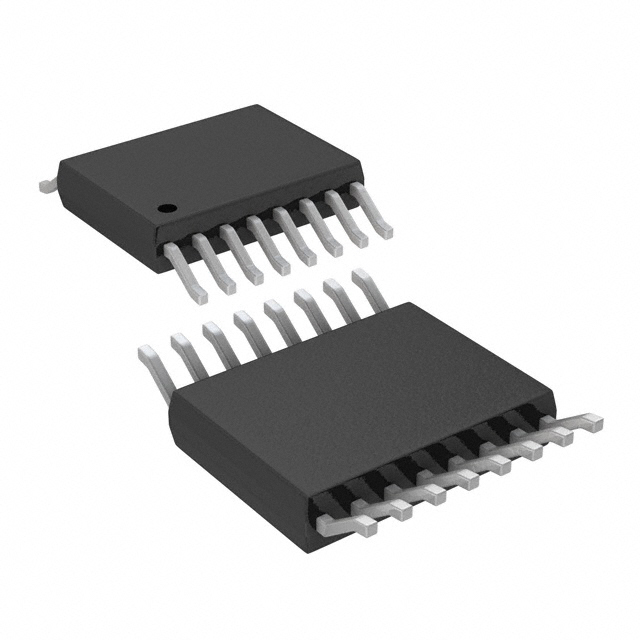
LTC2370HMS-16#PBF
Active16-BIT, 2MSPS, PSEUDO- DIFFERENTIAL UNIPOLAR SAR ADC WITH 94DB SNR
Deep-Dive with AI
Search across all available documentation for this part.

LTC2370HMS-16#PBF
Active16-BIT, 2MSPS, PSEUDO- DIFFERENTIAL UNIPOLAR SAR ADC WITH 94DB SNR
Deep-Dive with AI
Technical Specifications
Parameters and characteristics for this part
| Specification | LTC2370HMS-16#PBF |
|---|---|
| Architecture | SAR |
| Configuration | S/H-ADC |
| Data Interface | SPI |
| Input Type | Pseudo-Differential |
| Mounting Type | Surface Mount |
| Number of A/D Converters | 1 |
| Number of Bits | 16 |
| Number of Inputs | 1 |
| Operating Temperature [Max] | 125 °C |
| Operating Temperature [Min] | -40 °C |
| Package / Case | 16-TFSOP |
| Ratio - S/H:ADC | 1:1 |
| Reference Type | External |
| Sampling Rate (Per Second) | 2M |
| Supplier Device Package | 16-MSOP |
| Voltage - Supply, Analog [Max] | 2.625 V |
| Voltage - Supply, Analog [Min] | 2.375 V |
| Voltage - Supply, Digital [Max] | 2.625 V |
| Voltage - Supply, Digital [Min] | 2.375 V |
Pricing
Prices provided here are for design reference only. For realtime values and availability, please visit the distributors directly
| Distributor | Package | Quantity | $ | |
|---|---|---|---|---|
| Digikey | Tube | 1 | $ 54.47 | |
Description
General part information
LTC2370-16 Series
The LTC2370-16 is a low noise, low power, high speed 16-bit successive approximation register (SAR) ADC. Operating from a 2.5V supply, the LTC2370-16 has a 0V to VREFpseudo-differential unipolar input range with VREFranging from 2.5V to 5.1V. The LTC2370-16 consumes only 19mW and achieves ±0.85LSB INL maximum, no missing codes at 16 bits with 94dB SNR.The LTC2370-16 has a high speed SPI-compatible serial interface that supports 1.8V, 2.5V, 3.3V and 5V logic while also featuring a daisy-chain mode. The fast 2Msps throughput with no cycle latency makes the LTC2370-16 ideally suited for a wide variety of high speed applications. An internal oscillator sets the conversion time, easing external timing considerations. The LTC2370-16 automatically powers down between conversions, leading to reduced power dissipation that scales with the sampling rate.ApplicationsMedical ImagingHigh Speed Data AcquisitionPortable or Compact InstrumentationIndustrial Process ControlLow Power Battery-Operated InstrumentationATE
Documents
Technical documentation and resources


